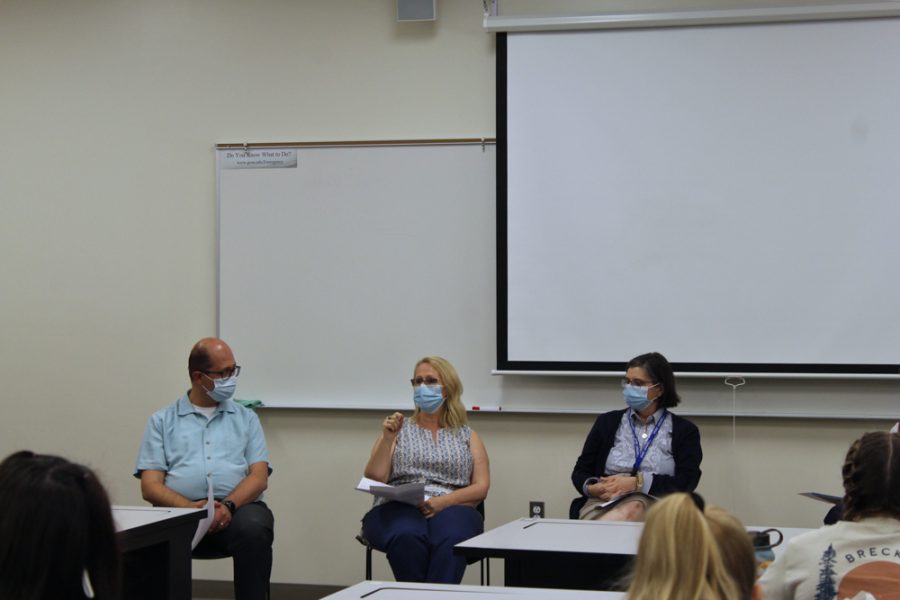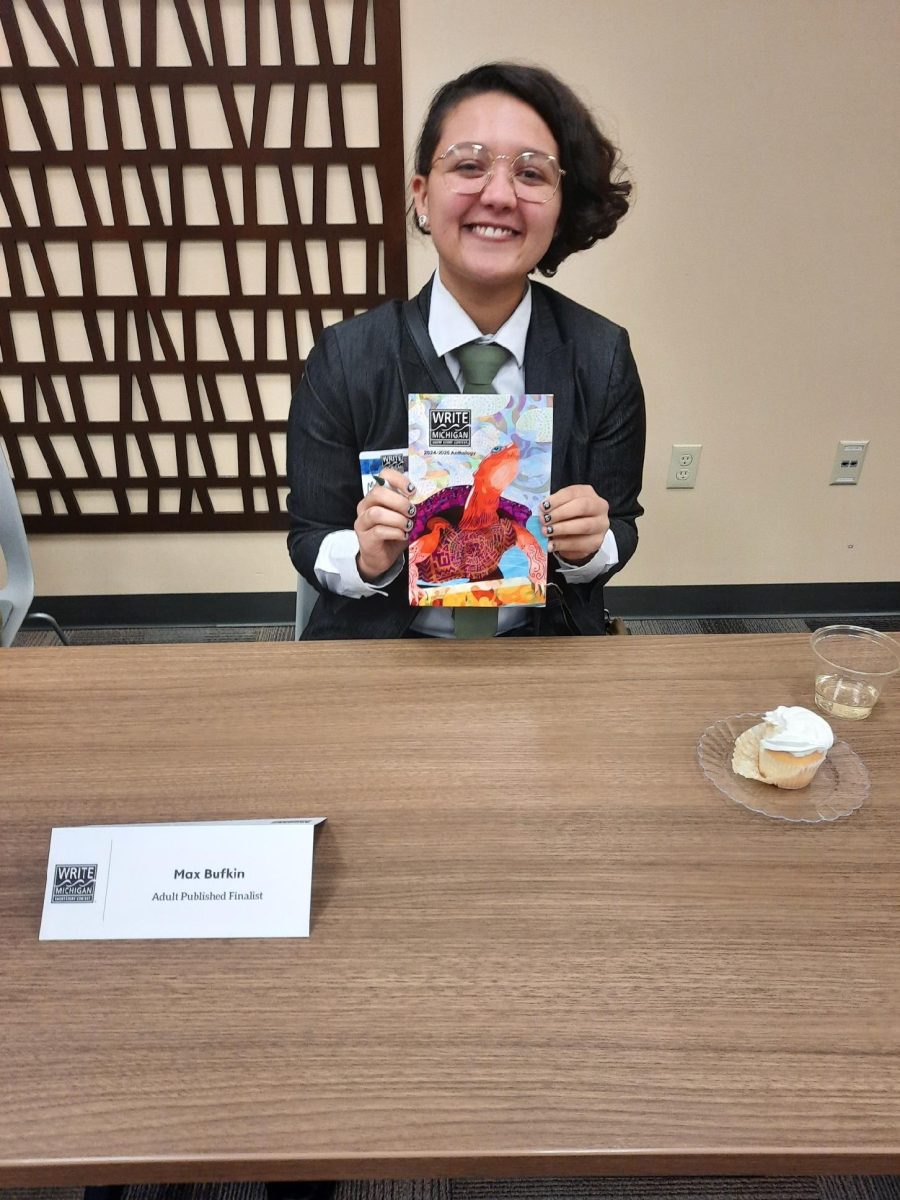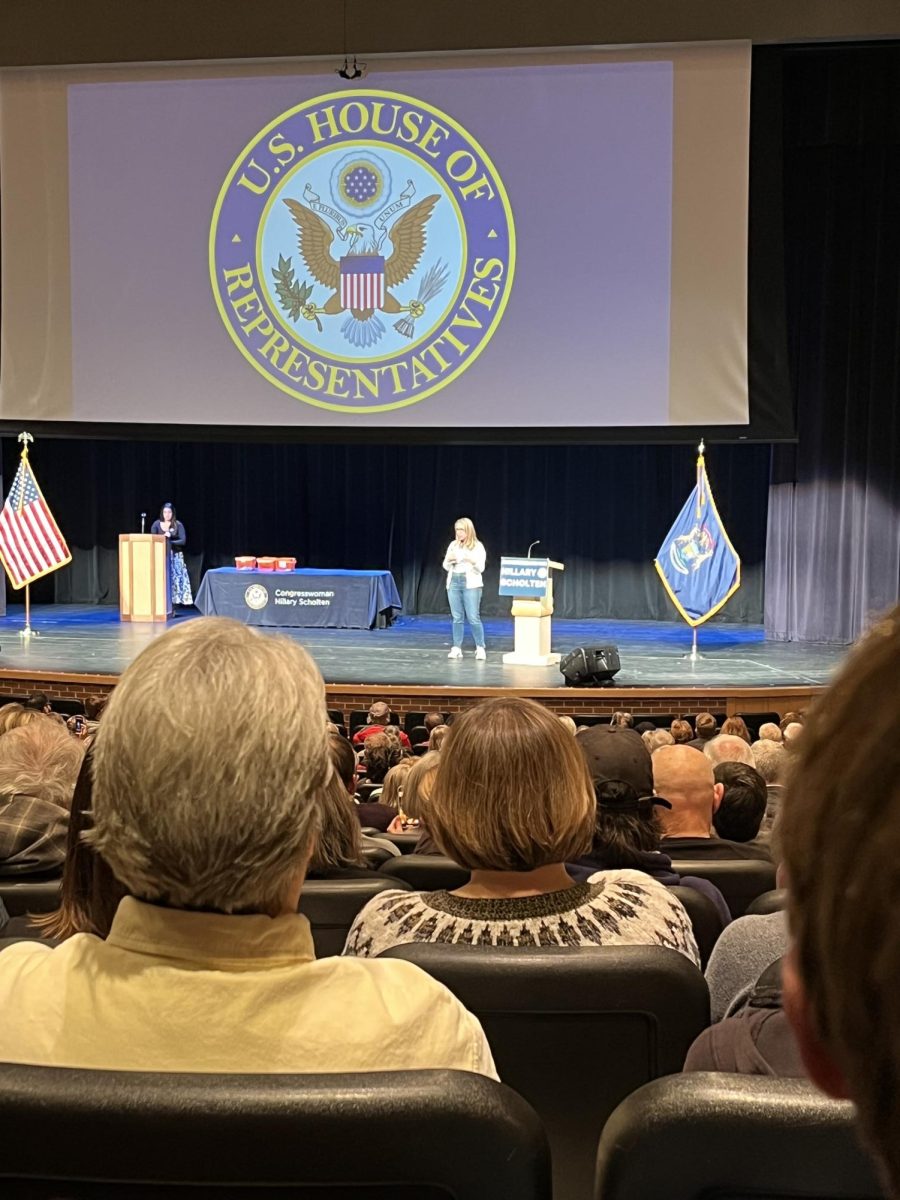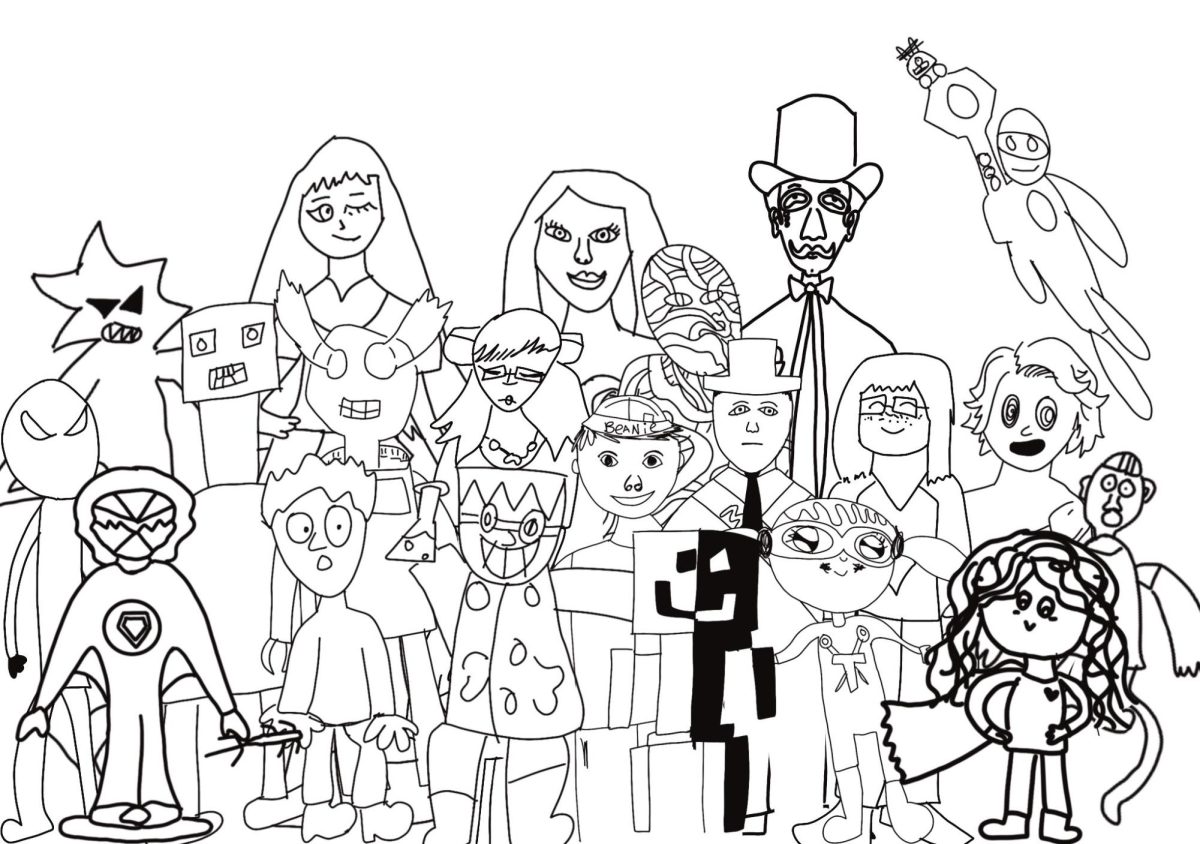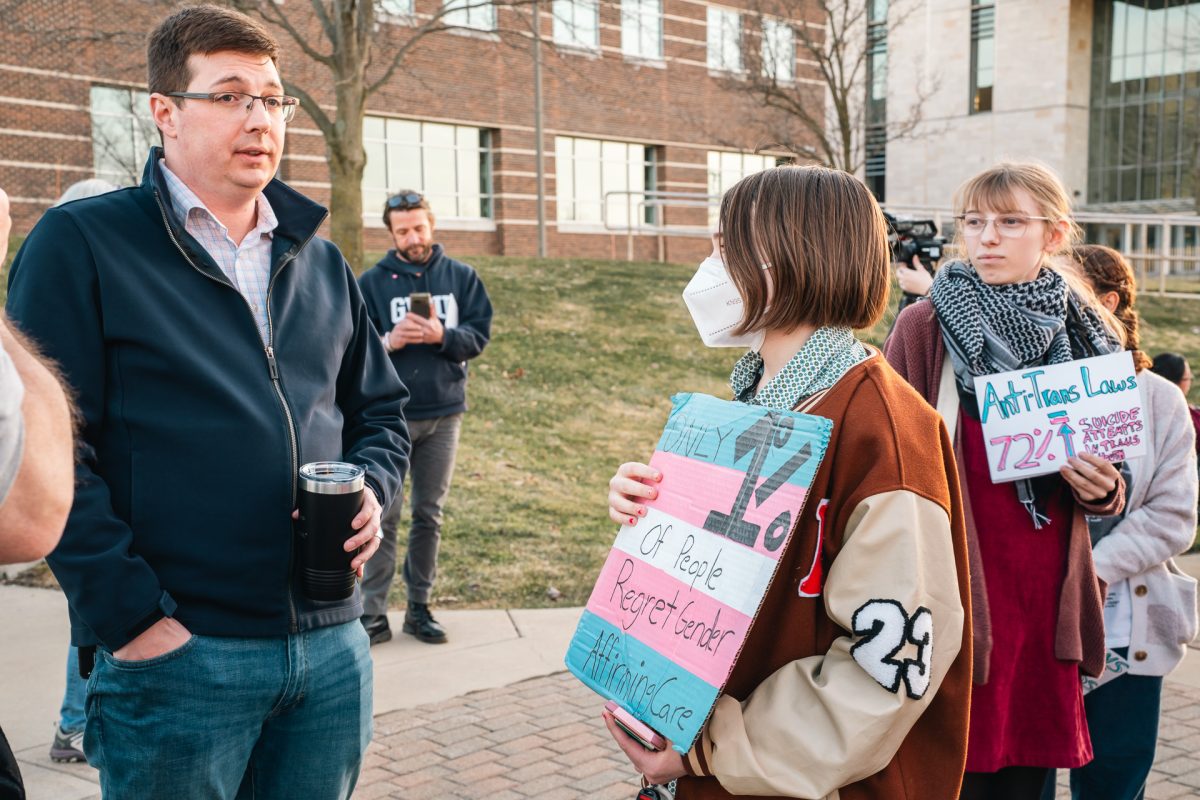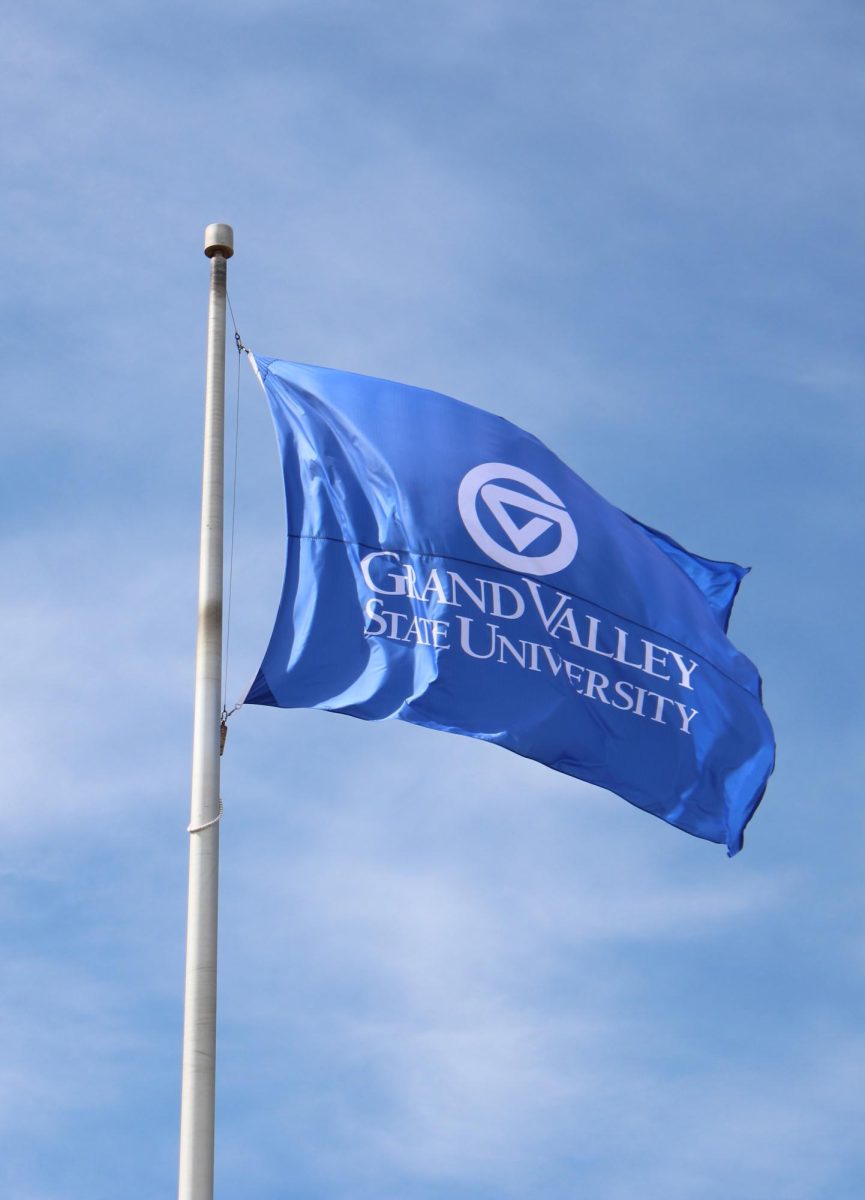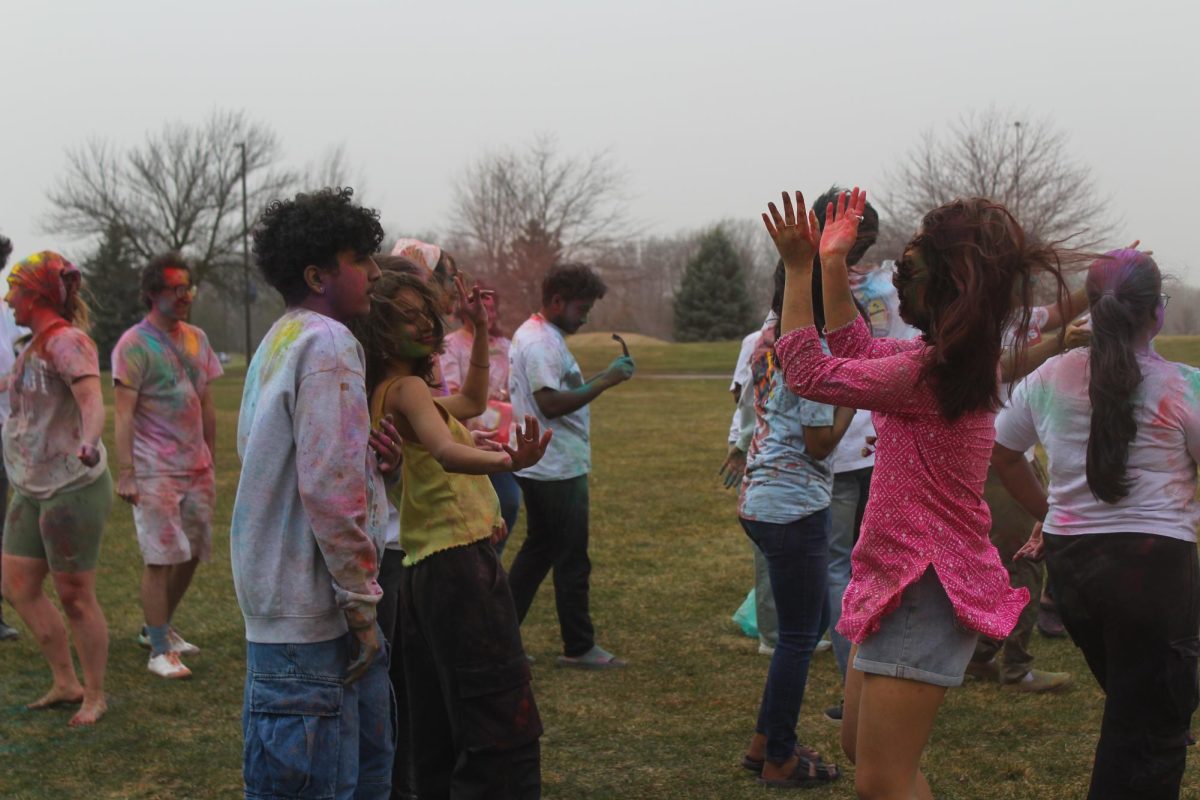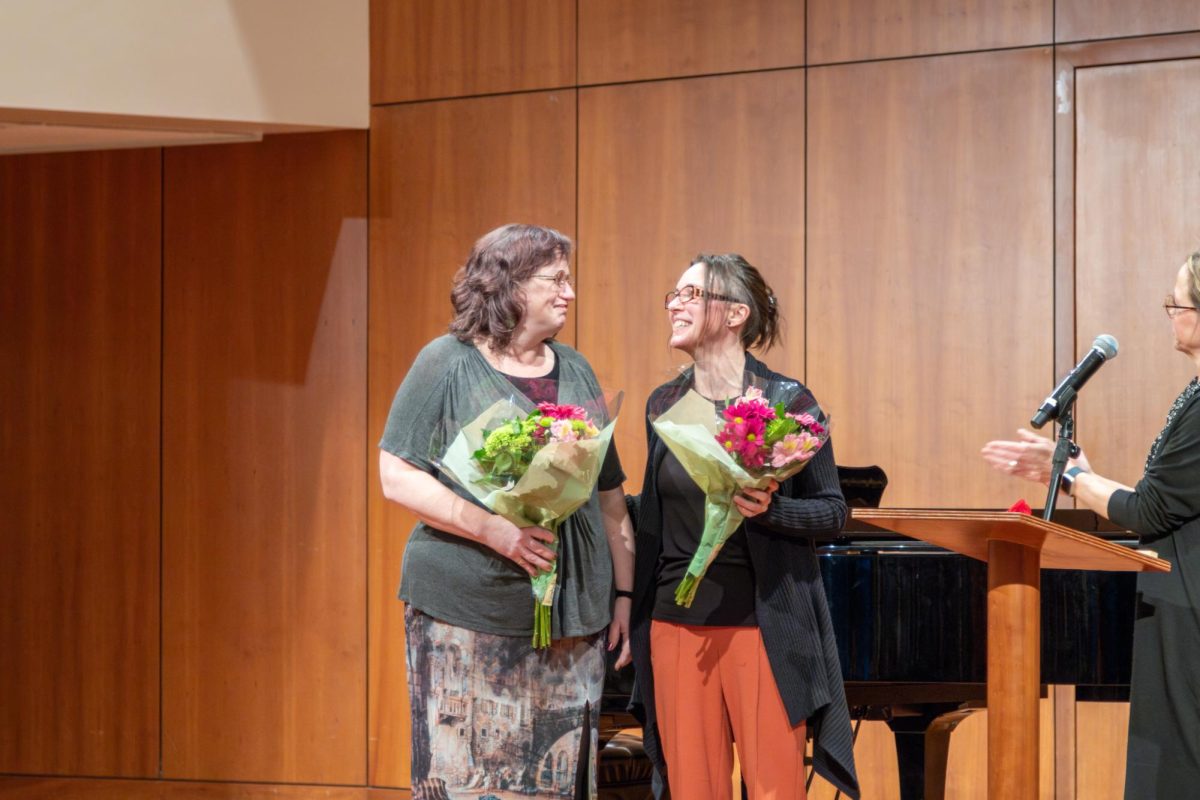“Thinking Globally” panel explores cultural significance of time
Sep 20, 2021
In the latest installment of “Thinking Globally: How Language Influences the Lives We Live,” Grand Valley State University professors spoke from firsthand, global experiences about the subject: time. Each of their stories varied extensively, giving the viewers a sense of how diverse, yet connected, the GVSU community and our world, really are.
Dr. Meghan Cai, who represented China on the panel and spent extensive time in Shandong, Tianjin, Nanjing and Beijing, spoke on her experiences in China and how its people define quality time. She went on to explain the ambitious, vigorous work ethic of many people in the country and how it relates to their family values.
“Family is perhaps valued above all else, in an ideal situation, love and work would contribute to family harmony,” Cai said. “Why do people work hard? Why do people try to get ahead [at work]? Money, power, and respect. This all ties into the family unit.”
In China, the older generations usually save and pool their money to support the younger generations in getting ahead. China’s One-Child Policy results in grandparents and parents supporting one child on their path to success, Cai said. “The rule of guanxi,” an important part of Chinese culture, says that people are dependent on certain social groups: family, classmates, and friends.
“The right network of relationships is what makes things go smoothly for a person,” Cai said. “It helps them get into the best schools, or get a desirable job, or land a lucrative contract. Working hard benefits family.”
Dr. Anne Caillaud, a native of Paris, France, spoke on how time is measured and valued in her country. She said that meals take much longer than they tend to in the U.S.. Students often have an hour or two for lunch so they can go home and eat with their families. In France, meals are an important way to connect with friends and family.
Caillaud said that France emphasizes “quality of life” and how the way time is spent directly correlates to a person’s quality of life.
“In France, by law, people do not work for more than 35 hours per week. Extra hours are considered overtime and the people are therefore paid extra,” Caillaud said.
Recently, however, Caillaud said that common workplace settings in France are taking on “American traits,” such as more hustle and bustle, but that quality of life remains paramount.
There seemed to be a common trend among many European countries in terms of how time is measured, as both Dr. Zsussanna Palmer, from Hungary, and Professor Gisella Licari, from Italy, agree that family time is valued over wealth.
Dr. David Crane, who represented Ancient Greece and Ancient Athens, said that in these cultures, how time is measured depends greatly on a person’s profession. He explained that in ancient Athens, class determined what a person did and did not have time for.
“In Ancient Athens, policy assemblies would be held in large spaces and both upper and lower classmen could attend,” Crane said. “However, the lower classmen, such as farmers, could not afford to spend their time in these assemblies.”
While time is valued and spent differently depending on a country’s culture, it is not surprising that work and family are of consistent importance among all of them.





